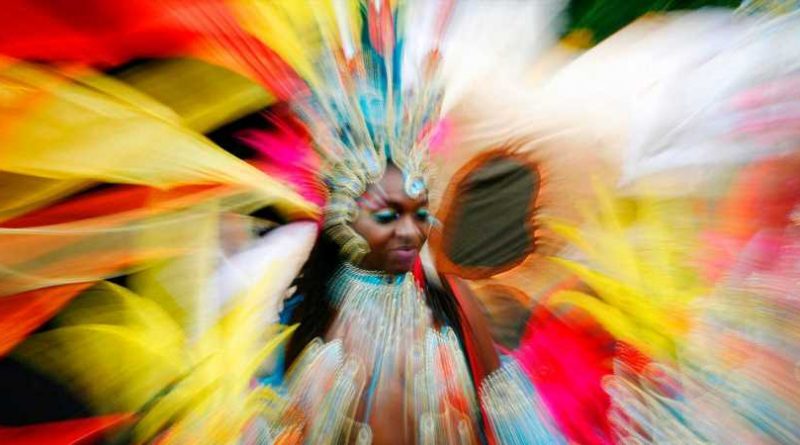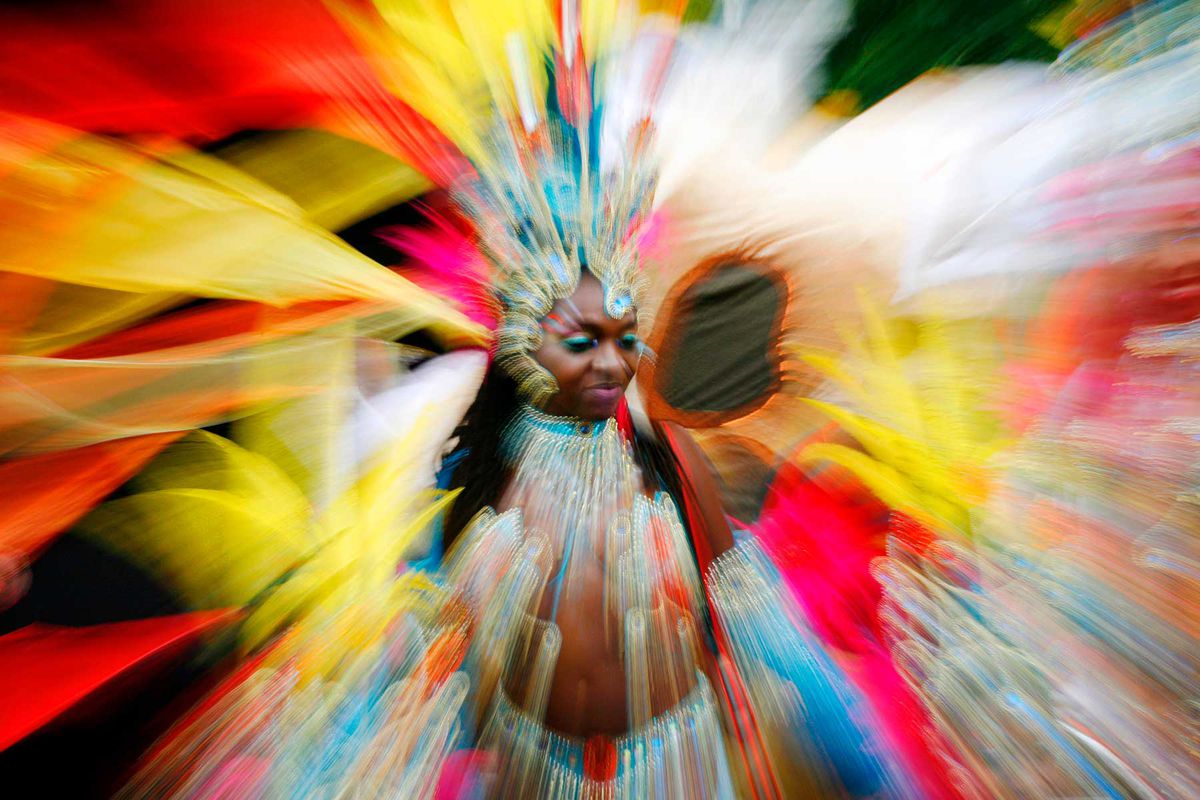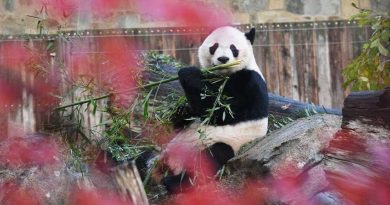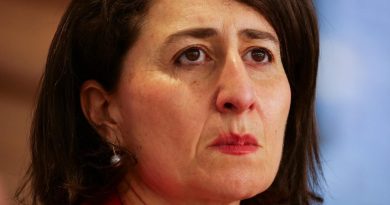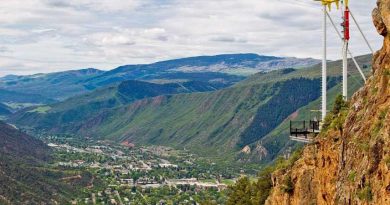In a Year Without Carnival, One Writer Reflects on the Meaning of This Quintessential Caribbean Festival
The first time my feet hit the pavement in Port of Spain, Trinidad, the sun was showing no mercy. But that scorching Caribbean heat was nothing compared to the electric energy of the moment: the sea of neon and pastel feathers bouncing to the music, the hands reaching toward the sky and feet stomping in unison, the strangers hugging as though they were old friends. The heat didn't matter, because the only thing I felt was joy.
Every year, right before Lent, thousands of people from around the world wait for this moment: Carnival Tuesday, the culmination of days of huge parties called fetes. Over the week, my body is doused in paint, oil, and mud, and moves in positions that would make some people blush. I welcome drink and shun sleep, then repeat. In Trinidad, my days end at Maracas Beach with an ice cold Carib beer and a view of the ocean that passes no judgment on those of us using the warm sand as a napping place — until we start up again. The grand finale is an uninhibited celebration fueled by rum, soca music, and the desire to "get on bad." In other words, to simply be free.
Over the past seven years, I've celebrated Carnival in Trinidad, Barbados, Bermuda, the Cayman Islands, Anguilla, Grenada, and London. Every time, the sense of freedom I feel only grows stronger. Back at home in Los Angeles, things are framed in relation to time: work deadlines, restaurant reservations, phone calls. But during Carnival, there is no beginning or end. There are no dress codes, formalities, or penalties for showing up exactly as you are.
During Carnival, there is no beginning or end. There are no penalties for showing up exactly as you are.
While outsiders might see only scanty costumes, Carnival is rooted in historical rebellion. In the 18th century, enslaved West Africans and freed Blacks in Trinidad were banned from joining the masquerade balls held by French plantation owners leading up to Lent. So out in the fields, they drew on their various cultures — and their ingenuity — to create their own celebration, called c, around the harvesting and burning of sugarcane.
Since Trinidadian emancipation in 1838, Canboulay has evolved into what we know as Carnival. Those famous parades are inspired by the historical masquerades, now known as mas. (The organized groups that participate are known as bands.) And then there's J'Ouvert, or "daybreak" in Creole. It marks the official beginning of Carnival, and is perhaps the most defiant celebration of all. During this sacred ritual, I wake up before the sun and join thousands of revelers already gathered in the streets. We wear shower caps and bandannas and clothing we don't mind getting messy. Very messy. By the time day breaks, I am euphoric, covered in glitter and likely a few splashes of rum. The cowbells and steel drums, the neon paint and powder, the loose chains hanging from bodies and the devil horns on heads — these are all symbols of a once-enslaved people taking freedom into their own hands.
This feeling of breaking free is so magnetic that today Carnival is celebrated on nearly every Caribbean island, by the diaspora in London and New York, and at Caribbean-style events as far away as Japan. Just as every island has its own unique identity, no two Carnivals look exactly alike. My first Carnival experience in Grenada, where Jab Jab culture takes center stage, was visceral and powerful. Jab is Grenadian patois, from the French diable ("devil"), and the attire worn during J'Ouvert there — thick chains, goat horns, and black oil — is a satirical representation of the oppression of slavery. The celebration in nearby Barbados, called Crop Over, comes not before Lent but in late summer — when enslaved Africans, whose forced labor made rum so profitable to the island, would mark the end of the sugarcane season. Today, the three-month-long celebration is one of the most popular in the world, even bringing Rihanna home to join in.
For me, nothing is more powerful than the music that fuels Carnival: soca, a cousin of calypso that fuses East Indian and African sounds, created in the 1970s by musician Garfield Blackman (a.k.a. Lord Shorty). Its hypnotizing rhythms have inspired dance styles that encourage (and often require) a looseness in the body, throwing the waistline in movements with names like winin' and wukkin' up and, yes, even the splits. The lyrics are powerful chants that become booming echoes at every fete. In the words of Freetown Collective and DJ Private Ryan, in their song "Feel the Love": We are such a blessed tribe/Sweeter than a million bees/People live a thousand lives/And never feel this free.
There's a word in Carnival culture, tabanca: a longing for celebration so visceral that one feels physically sick. Such withdrawals are shared widely each year both in song lyrics and on social media. But this year, the tabanca cure will never come. Trinidad's 2021 Carnival was canceled due to rising COVID-19 cases. That joy and camaraderie and winin' are only a memory for now. Virtual events have made for a new type of connection, but there is still nothing sweeter to me than the sound of feet pounding against pavement in unison under the Caribbean sun. So until the next Carnival, we wait — and we remember what freedom feels like.
A version of this story first appeared in the February 2021 issue of Travel + Leisure under the headline "Ode to Joy."
Source: Read Full Article
